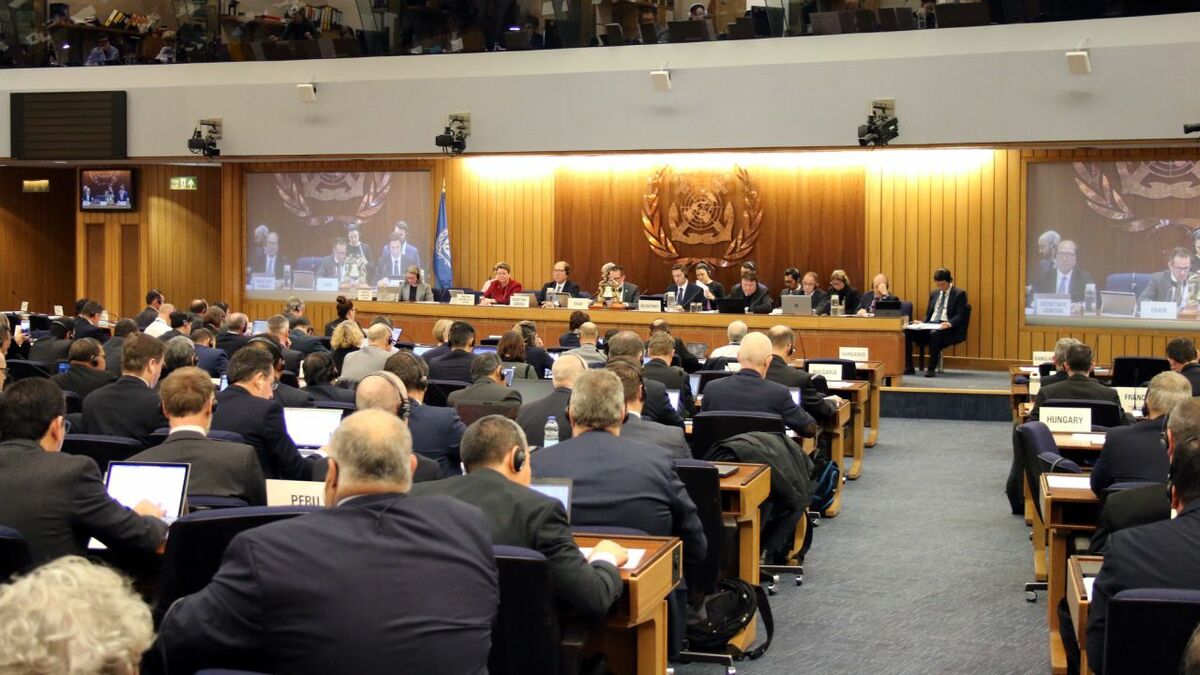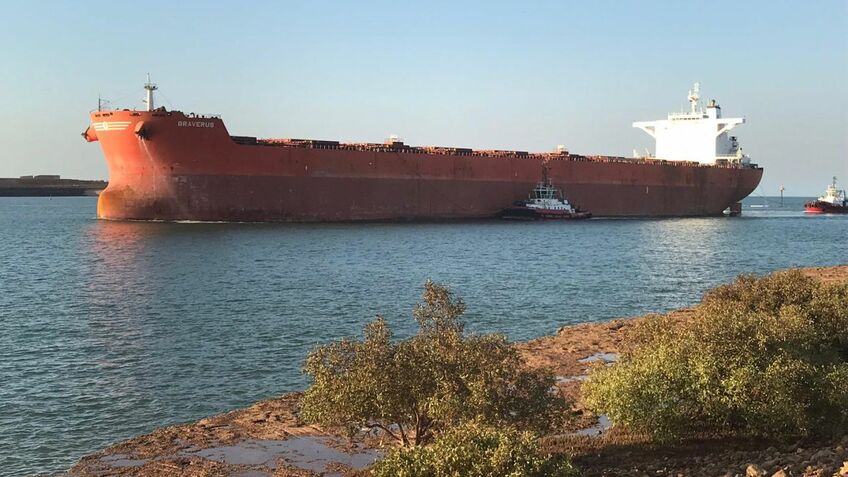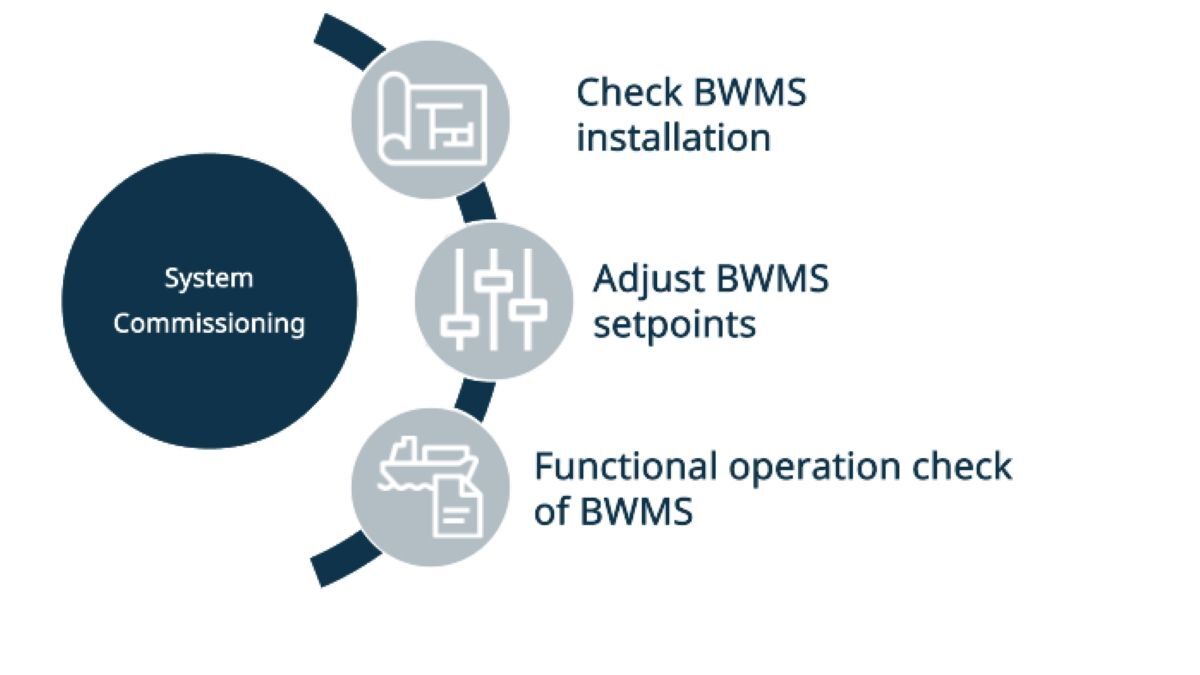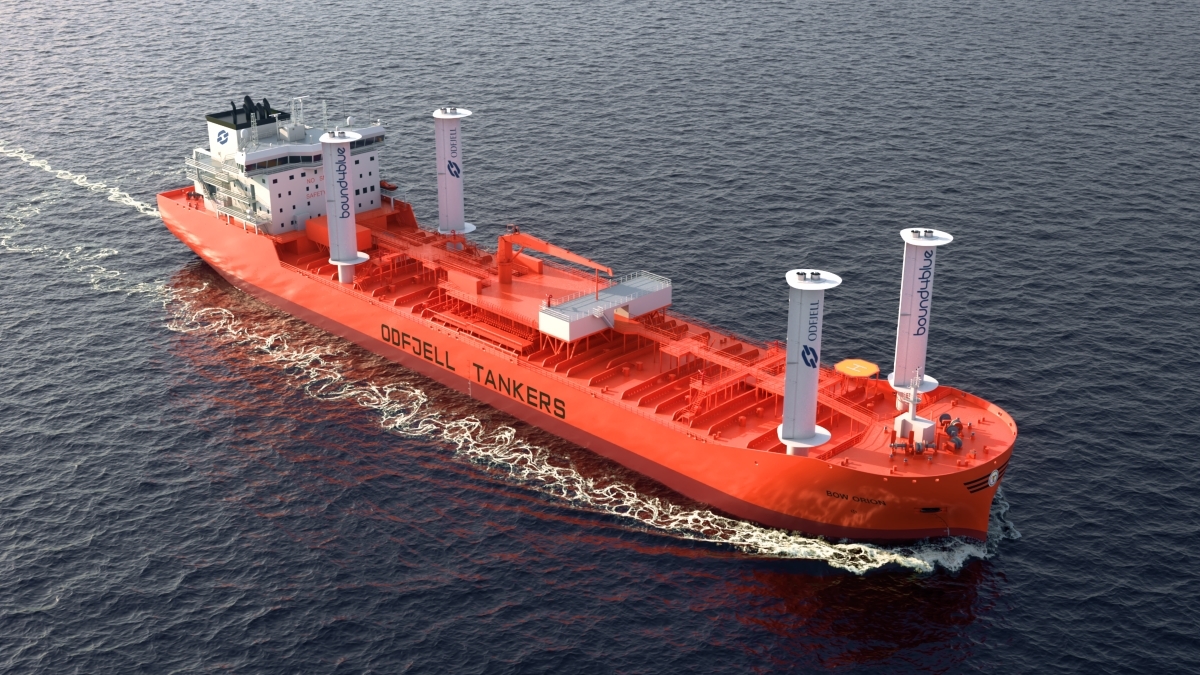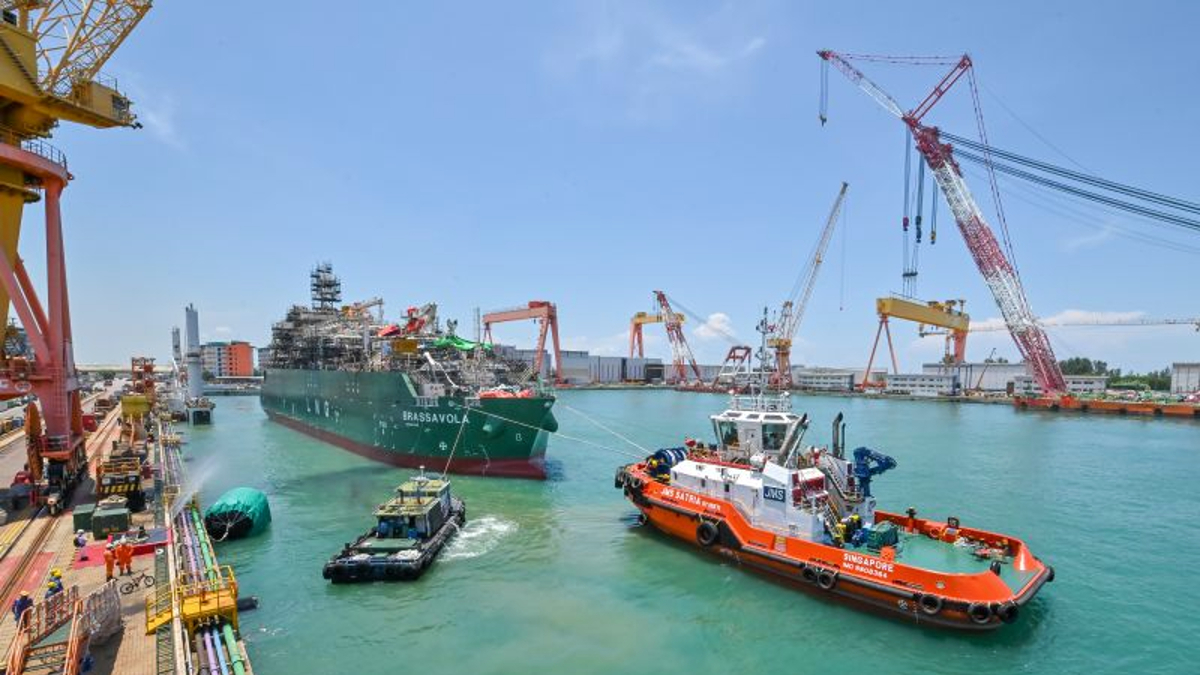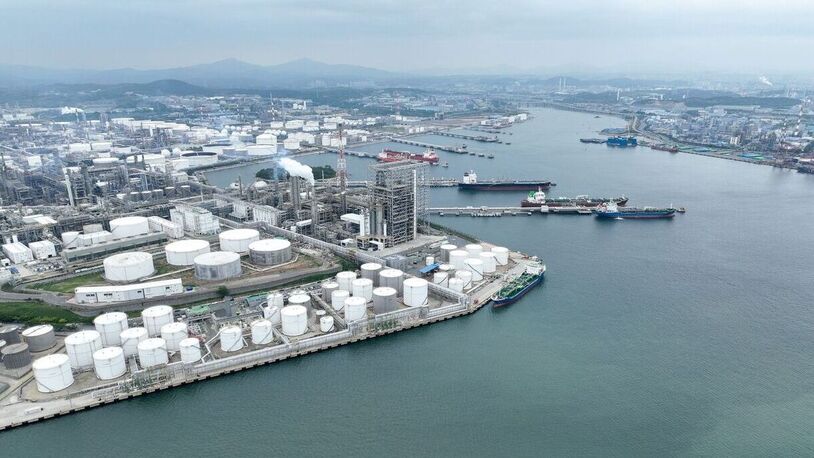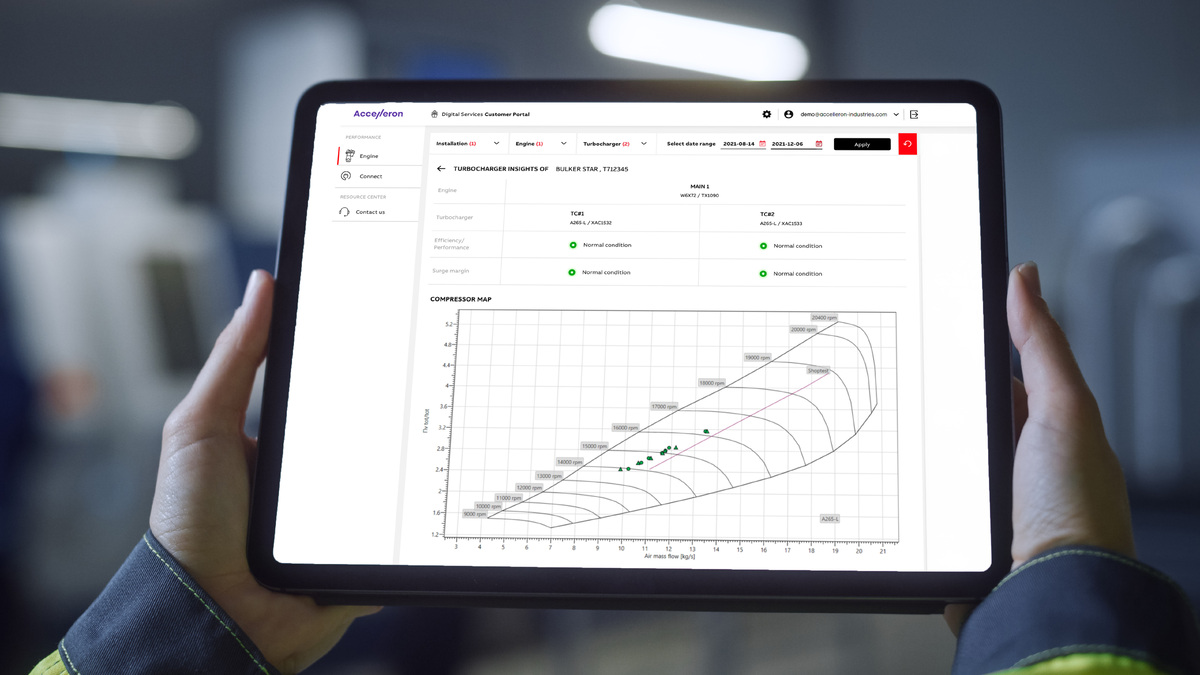Business Sectors
Events
Contents
IMO plans route changes to reduce accidents and pollution
IMO will make changes in ship routeing systems to reduce maritime accidents, loss of life and pollution
Its Maritime Safety Committee (MSC) will adopt recommendations from national governments to amend existing routes to prevent groundings and ship collisions.
This follows recommendations from IMO’s Sub-Committee on Navigation, Communications and Search and Rescue (NCSR), which held its 7th session on 15-24 January 2020.
Approved amendments included creating an additional two-way route in the Great Barrier Reef and Torres Strait, in Far North Queensland, Australia, to serve as a protective measure for the Particularly Sensitive Sea Area in the Great Barrier Reef and Torres Strait.
Another ship route amendment is for the two-way route in the traffic separation scheme (TSS) off the French island of Ushant at the south-western end of the Channel, to remove ambiguities and account for developments in ship navigation and traffic management technology.
NCSR 7 also approved harmonising and consolidating ship routeing systems in Norway, covering the western and southern coasts of Norway and the coast of Norway from Vardø to Røst.
Each have their own TSS and recommended routes, which NCSR 7 recommended to MSC to harmonise with one set standard. It expects this will “optimise the effect of the routeing systems and apply them to the same categories of ships” said NCSR.
- IMO considers additions to global ship positioning system
- Prepare for a year of change in navigation, communications and digitalisation
- IMO accelerates evolution in safety communications
NCSR 7 also approved amendments to the Slupska Bank TSS in the southern part of the Baltic Sea to extend the existing TSS in Poland. NCSR said this should “reduce the danger of groundings in the area of shallows detected further east of the existing TSS and outside the Polish territorial seas”.
These proposed routeing measures will be forwarded to IMO’s MSC 102nd session, which will be held during 13-22 May, for adoption and are expected to be implemented six months later.
Related to this Story
Events
Maritime Cyber Security Webinar Week
International Chemical & Product Tanker Conference 2024
Marine Propulsion: Fuels Webinar Week
How enhanced connectivity is propelling maritime into the AI era
© 2023 Riviera Maritime Media Ltd.


